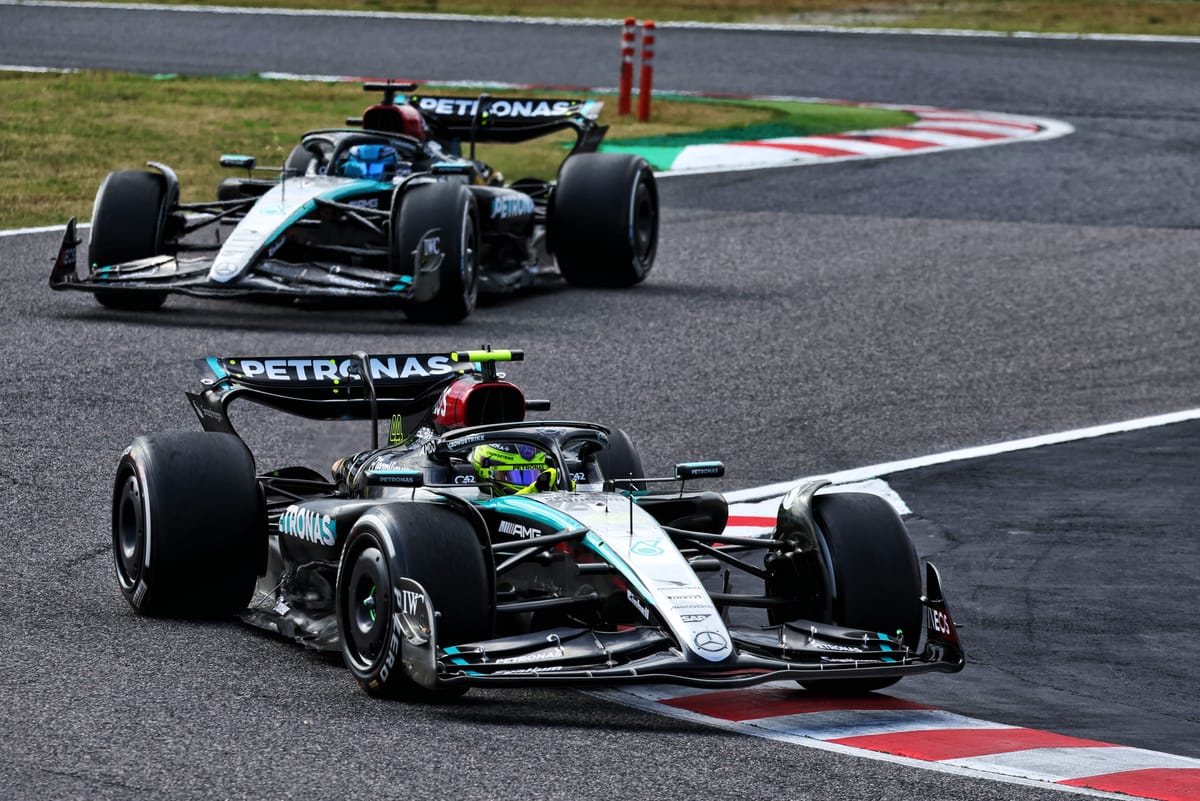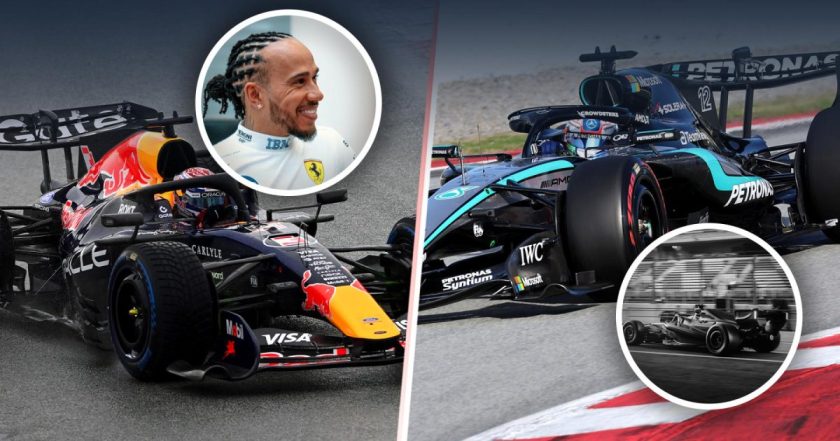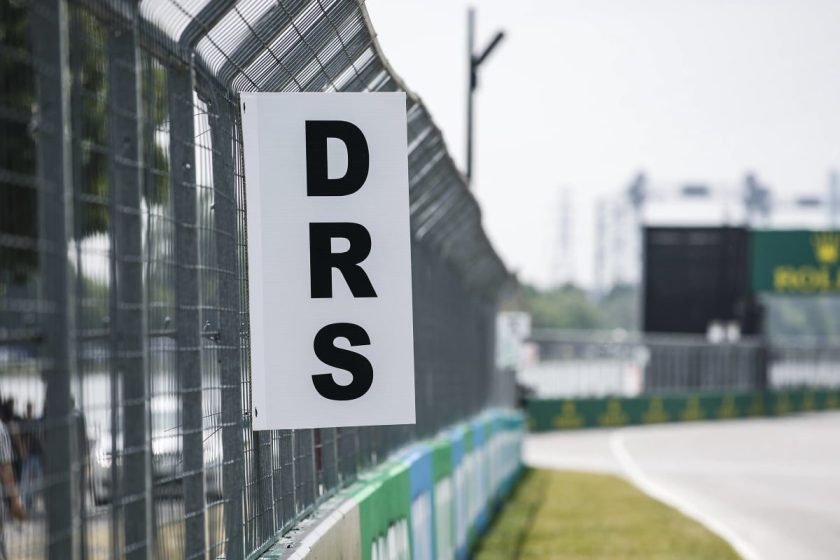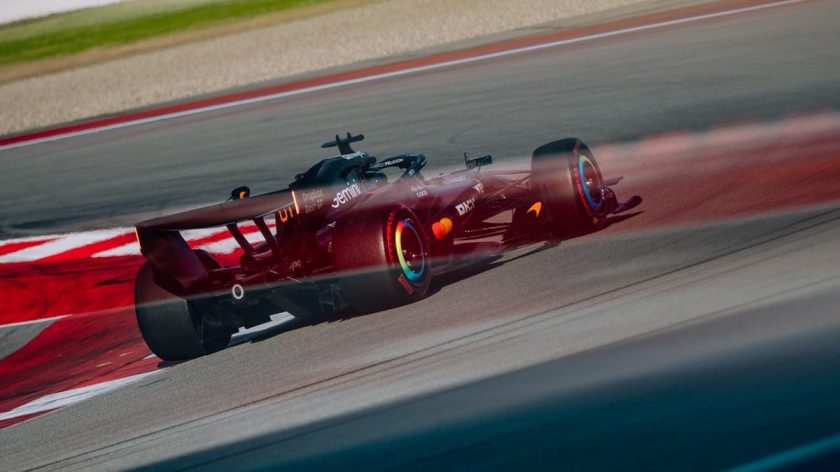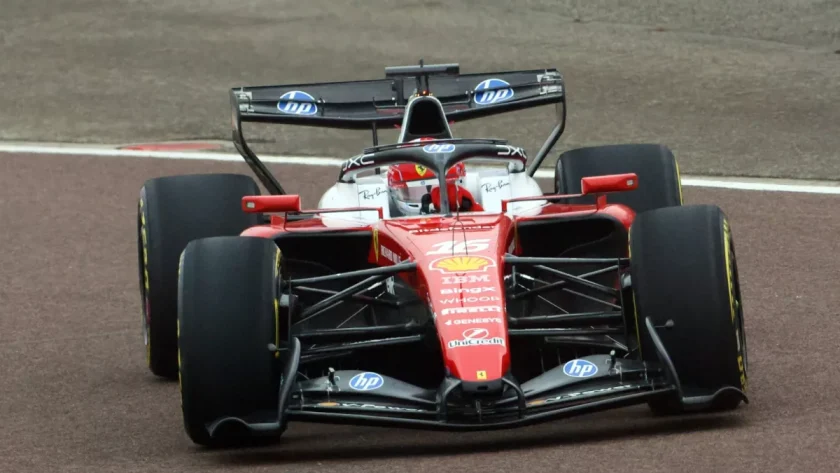P1racenews AI automatic summary:
Mercedes qualified seventh and ninth for F1’s Japanese Grand Prix – and that’s exactly where its cars finished after failing to make any progress on Sunday. Just how worried should the team be?
Mercedes qualified seventh and ninth for the Formula 1 Japanese Grand Prix and finished in the same positions after a race where they made no progress. This raises questions about whether their performance issues are due to a flawed strategy or indicate deeper problems within the team this season. Team principal Toto Wolff acknowledged Mercedes is in a rebuilding phase three years into the current ruleset, and accepts that Red Bull is currently superior.
The team’s realistic goals now include chasing McLaren and Aston Martin, with the ambitious target of eventually challenging Ferrari. Despite the discouraging results, there are glimpses of encouragement such as improved car behavior and better tyre management. Mercedes’ focus is on understanding and overcoming their weaknesses, particularly in managing the balance between front and rear axles.
While the pace gap to top teams like Red Bull remains significant, Mercedes has shown signs of progress in addressing their issues, particularly in improving Lewis Hamilton’s comfort with the car. This suggests they are gradually moving in the right direction, even though there is still a long way to go before they can be competitive at the highest level. Mercedes’ performance indicates a potential breakthrough in understanding their car’s dynamics, but it’s clear that more improvements are needed to close the gap to their rivals.
